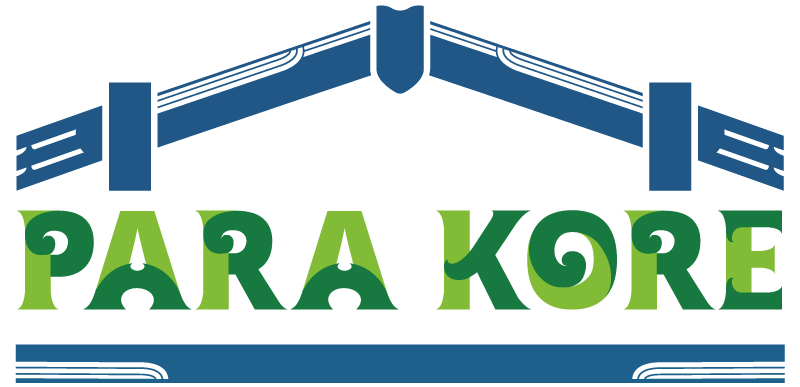What We Do
Ngā Wānanga a Para Kore
The following wānanga are offered as part of the Oranga Taiao Para Kore programme.
Contact your local kaiārahi, or register your interest to find out how you can join Para Kore.
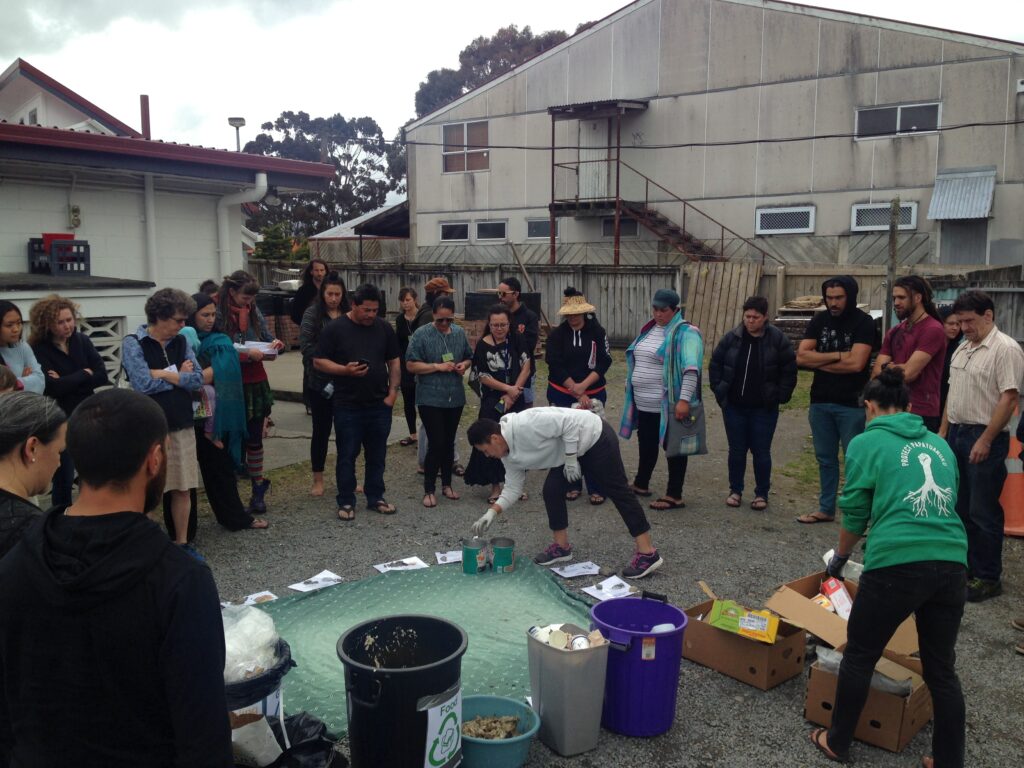

Te Orokohanga | A Creation Story
This is the story of the separation of Ranginui and Papatūānuku. We all descend from te taiao, the natural world. We tell this story to connect us to our whakapapa to Ranginui and Papatūānuku. The purpose of this learning is to remind us that through our whakapapa we descend from Ranginui and Papatūānuku and that we are a part of the natural world.

Te Pūnaha Hoko Mea | The System of Stuff
This wānanga introduces the concept of linear vs circular systems of taking, making, selling, using & disposing of our stuff. It demonstrates that there is a much bigger story to our stuff than just how we get rid of it. The wānanga investigates other more sustainable alternatives to this system and makes connections to te Ao Māori values and practices and how they minimise our impact on Papatūānuku. Participants come to realise that their choices and actions can greatly influence the whole story, inspiring them to change.
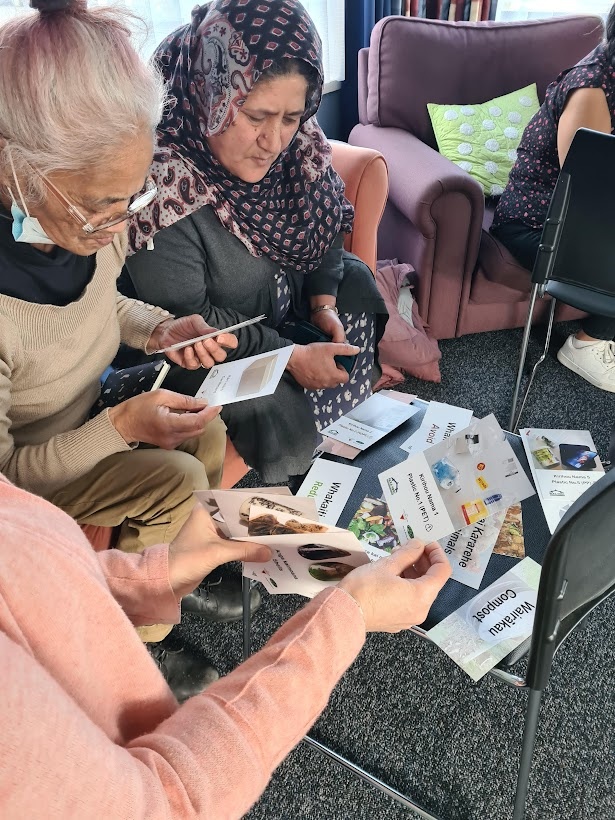
Te Pūnaha Whakarōpū Para | Waste Hierarchy
This wānanga investigates the many other options we have for dealing with our everyday waste aside from putting it into the rubbish. The Waste Hierarchy is explored and how some actions are more sustainable, effective, and more circular in nature, than others. Connections are made to traditional practices and how we can incorporate these into our modern, everyday lives.
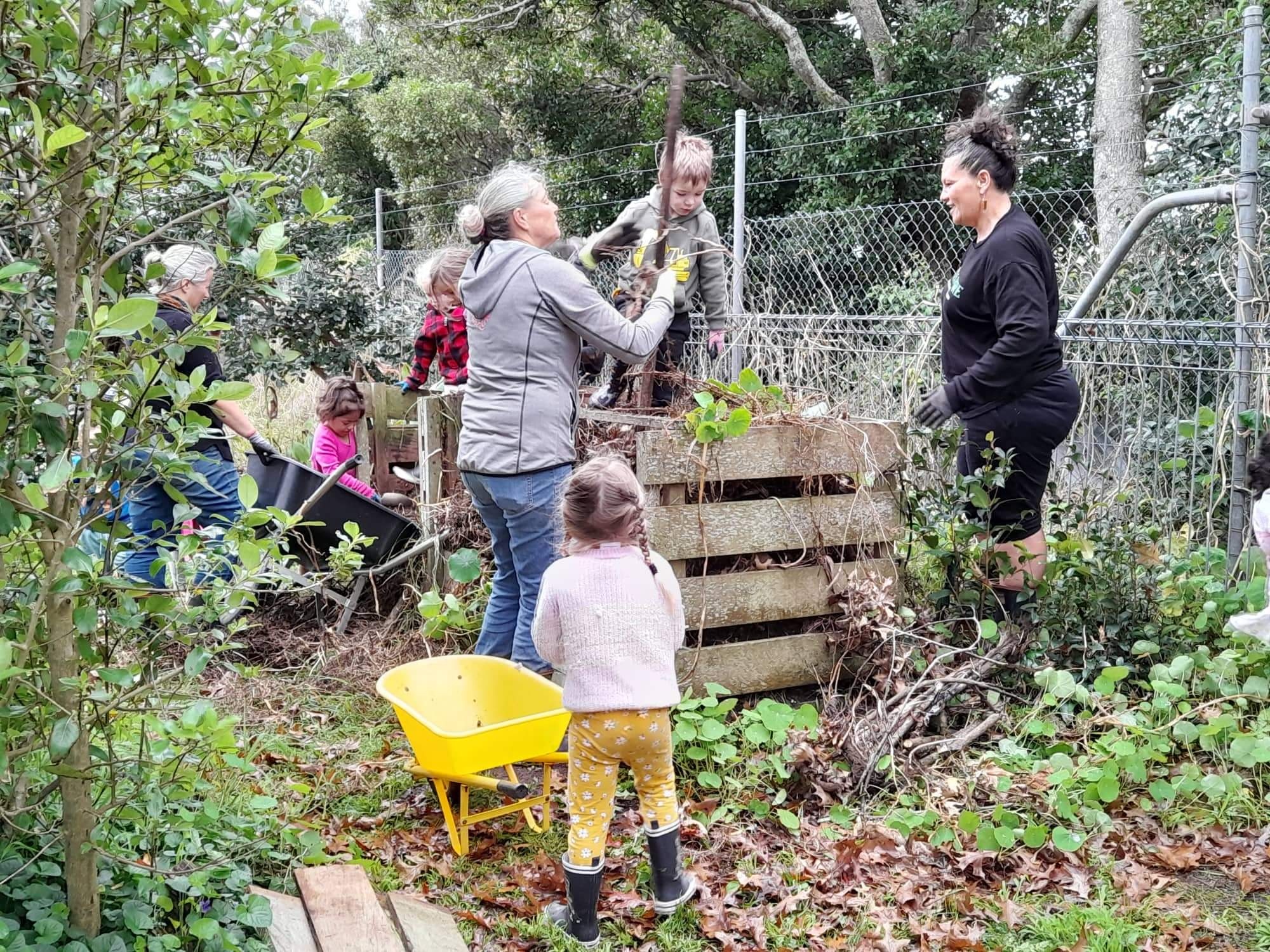
Mahi Wairākau | Recycled Pallet Compost Bin
This wānanga is the hands-on building of a compost bin made out of old pallets.
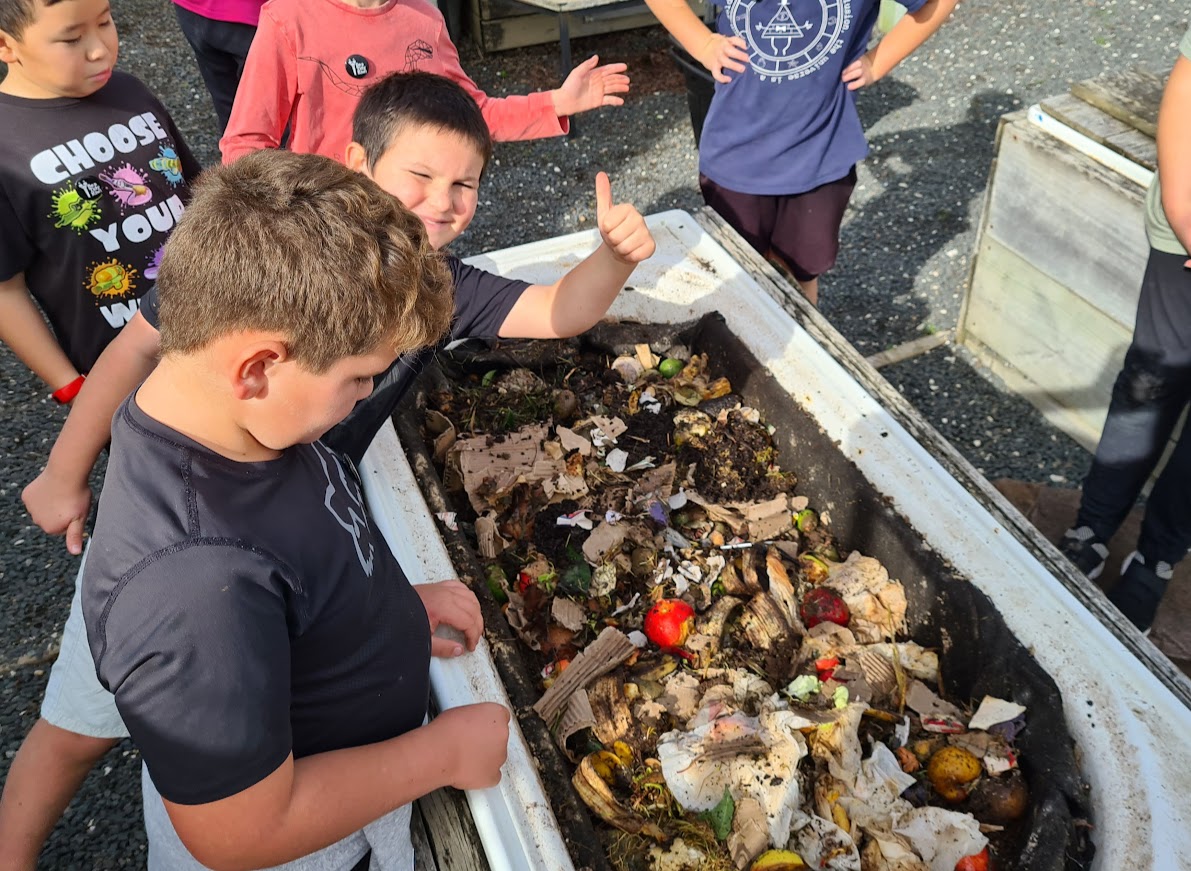
Pāmu Noke | Worm Farm WOF
This wānanga is for checking in on Hungry Bins that have already been set up on site and/or other types of worm farms in general, such as bathtub worm farms. As the name of the wānanga suggests, it goes through a checklist of how the worm farm should be running. It is a practical hands on wānanga that involves investigating and adjusting the worm farm to ensure it is working to its potential.
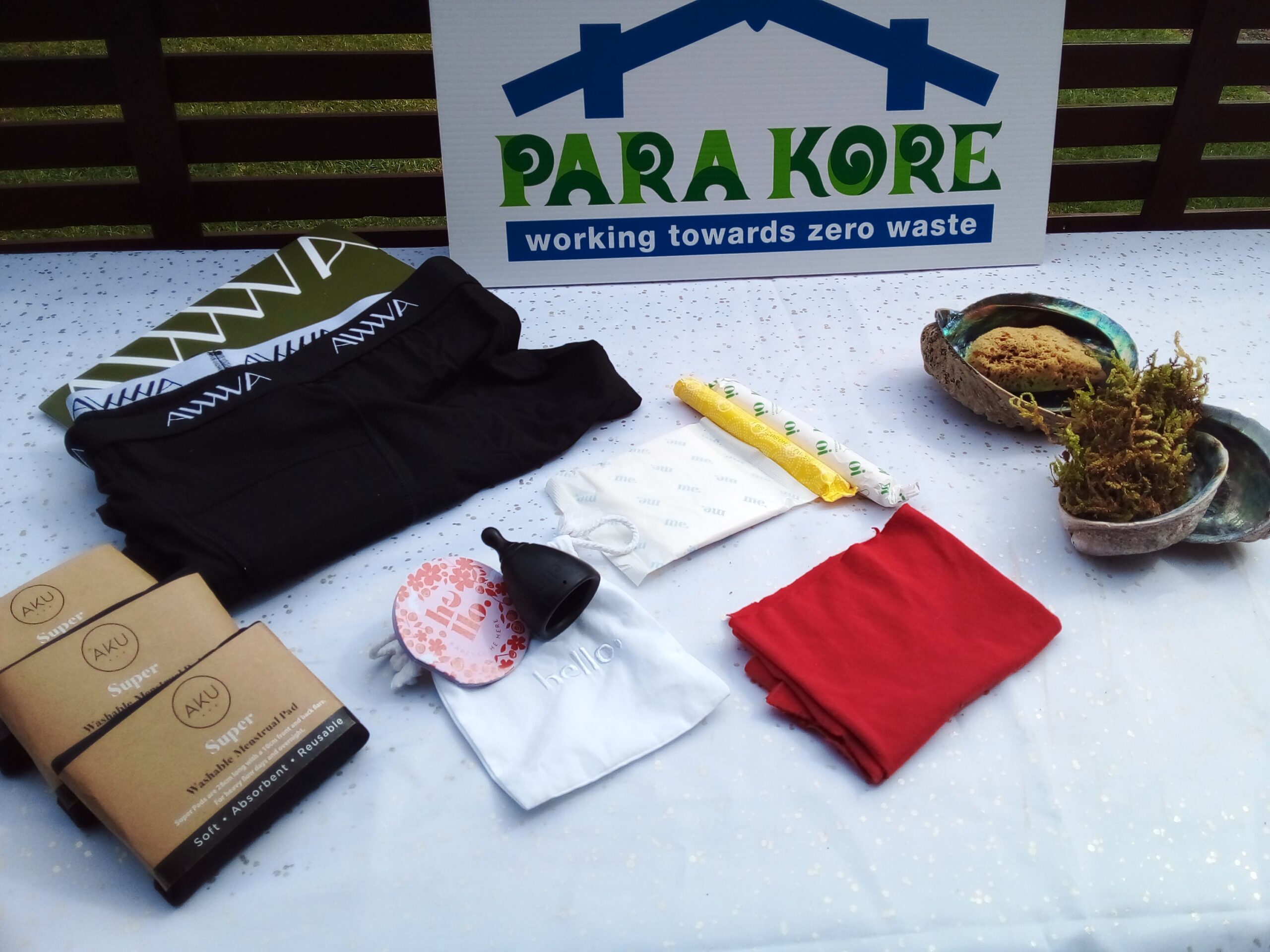
Ikura | Waste Free Periods
The purpose of this wānanga is to raise awareness about the te ao Māori worldview relating to ikura, including the history and whakapapa as well as the pros and cons of both reusable and single-use ikura products. This wānanga enables a safe place for wahine to talk about ikura and ikura products.
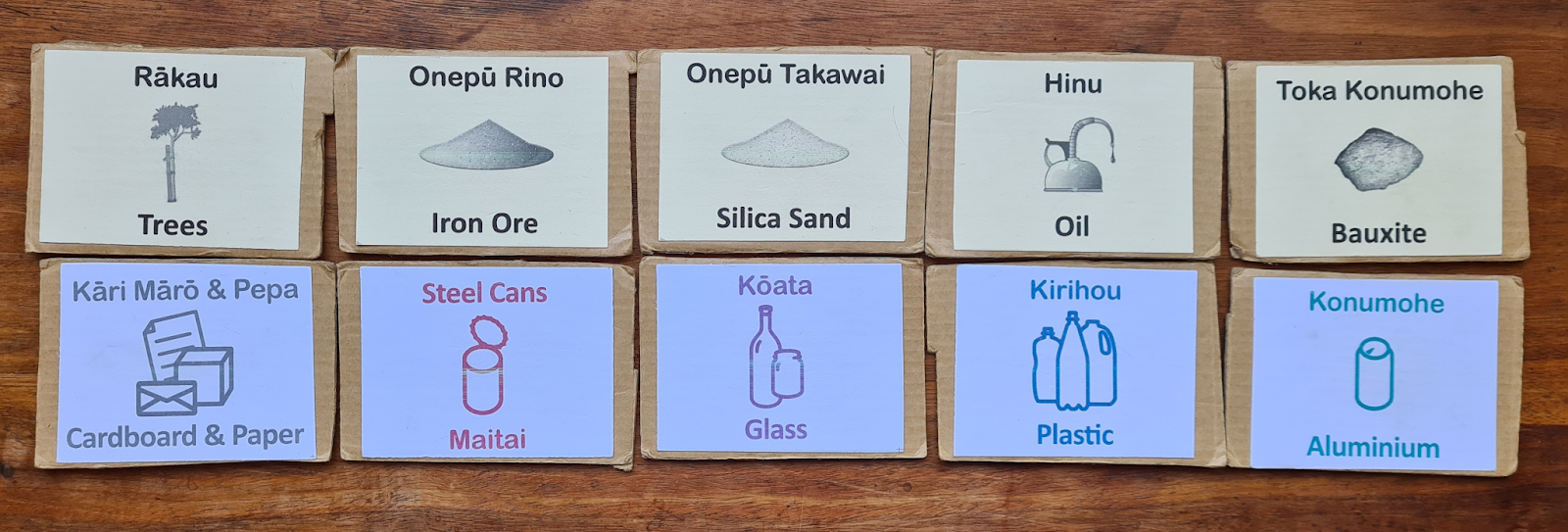
Ngā Rawa Māori | Natural Resources
This wānanga introduces the concept that all our waste is created from natural resources which we are related to through whakapapa. The workshop teaches what the natural resources are that glass, plastic, steel, aluminium and paper/cardboard are made from. It also introduces the important concept of renewable vs non-renewable resources and examines which natural resources (of our everyday materials) are renewable.
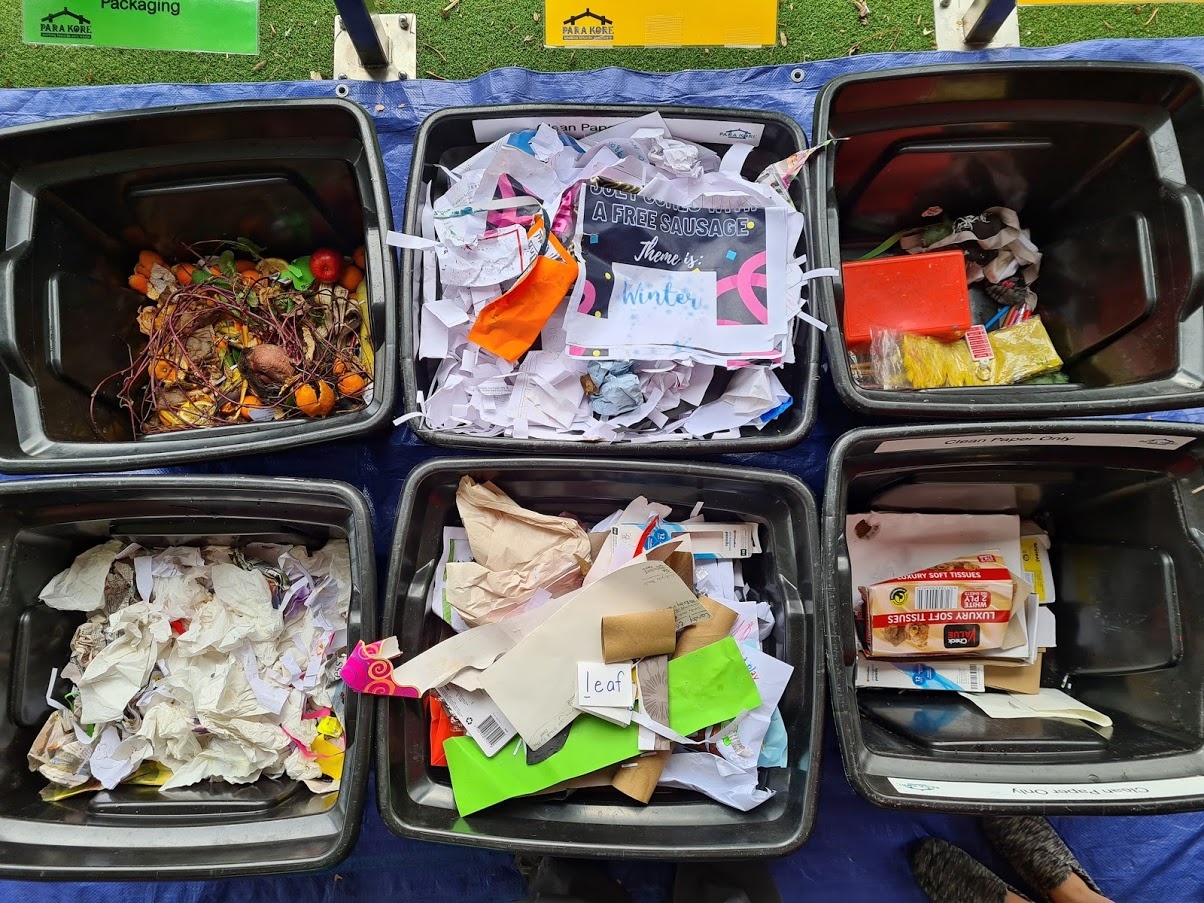
Wehewehe Para | Waste Check
This wānanga involves tipping out a rubbish sample onto a tarpaulin and sorting the contents into 17 categories. It investigates how much recyclable, compostable, even reusable waste is present in the rubbish sample. Discussions are generated about how to improve current systems, how to reduce waste, what alternatives there are to single use, and how to design the waste out. Waste checks are done annually, so results can be compared, change can be measured, progress and improvements can be celebrated. An annual Waste Check is part of the commitment and agreement in joining Para Kore.
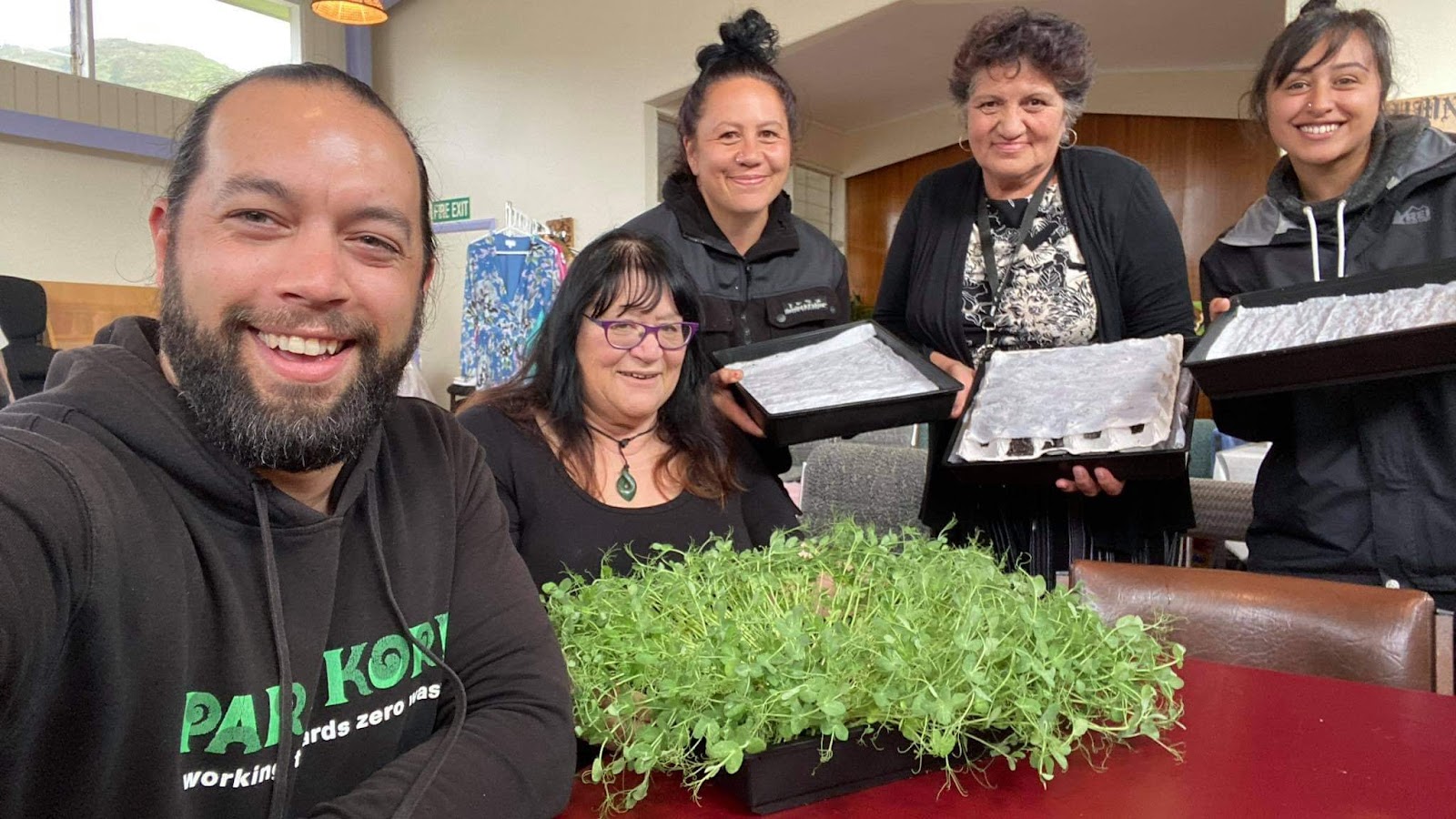
Maara Raupihi | Microgreens
The purpose of this wānanga is to learn how to grow microgreens, to understand the nutritional benefits of microgreens, and to support the set up of an ongoing microgreen system.
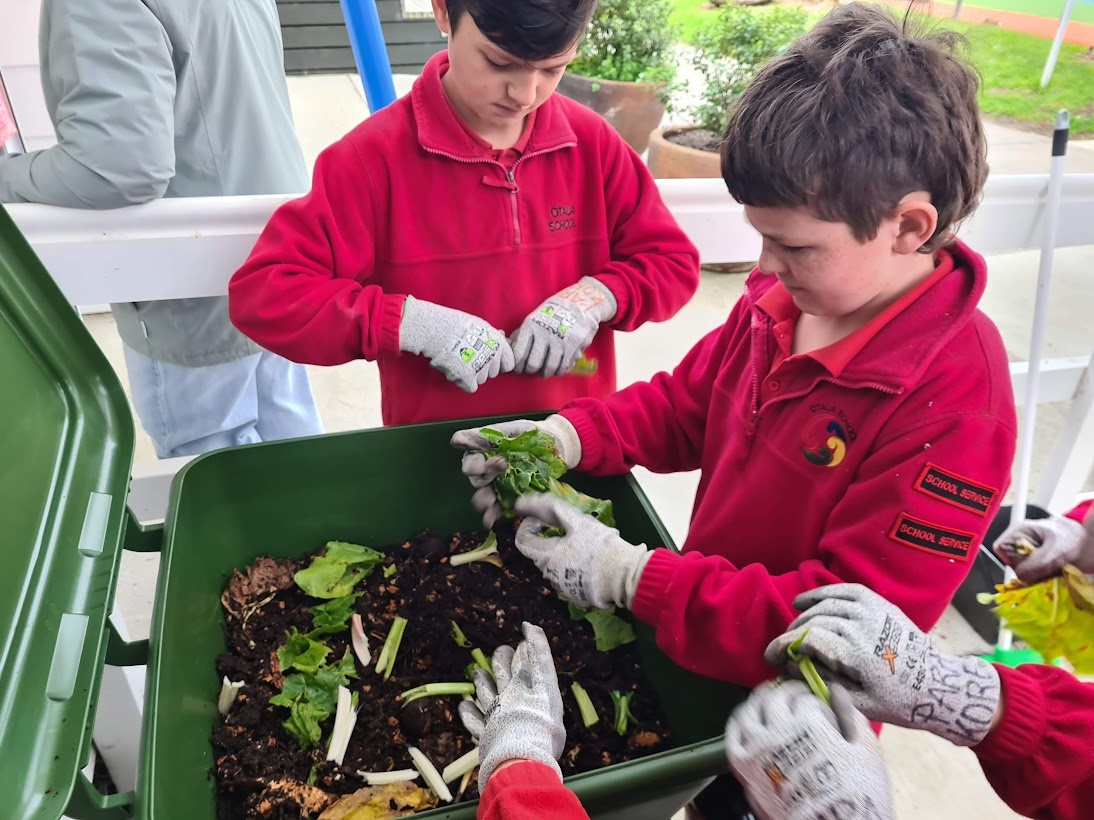
Pāmu Noke | Setting Up A Hungry Bin
This wānanga is all about setting up a Hungry Bin worm farm on site. This includes getting the worm farm going and learning how to care for and successfully maintain this kind of composting system.
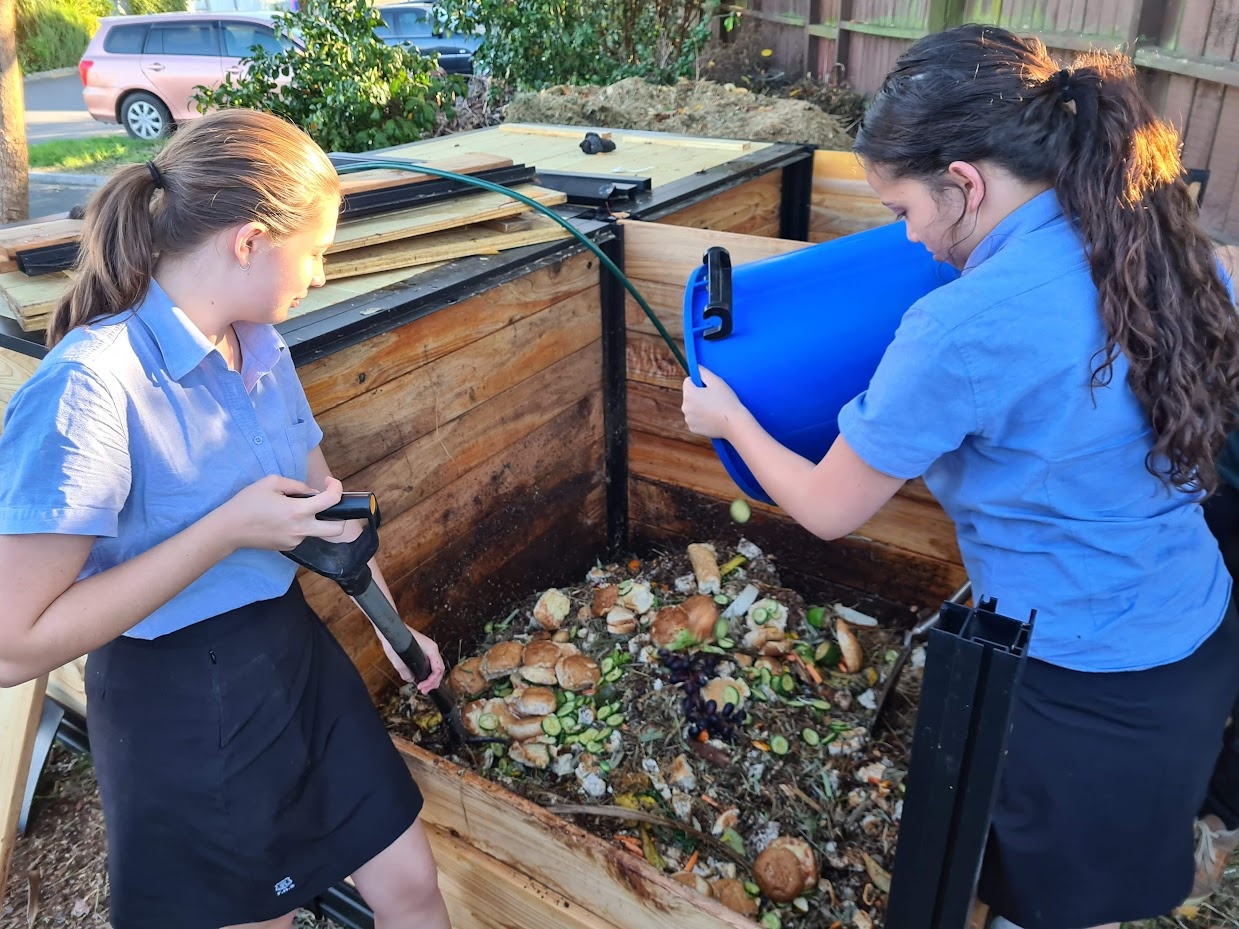
Te Mahi Wairākau| Compost 101
These mini wānanga build understanding around the basic principles of composting in a sequence: 1) What goes in Compost: The General Compost Rule + an Introduction to Carbon & Nitrogen 2) How Compost Works – What it Needs – What its Outcomes are 3) How Landfill Works – Food Waste in Compost vs Food Waste in Landfill – A Comparison
